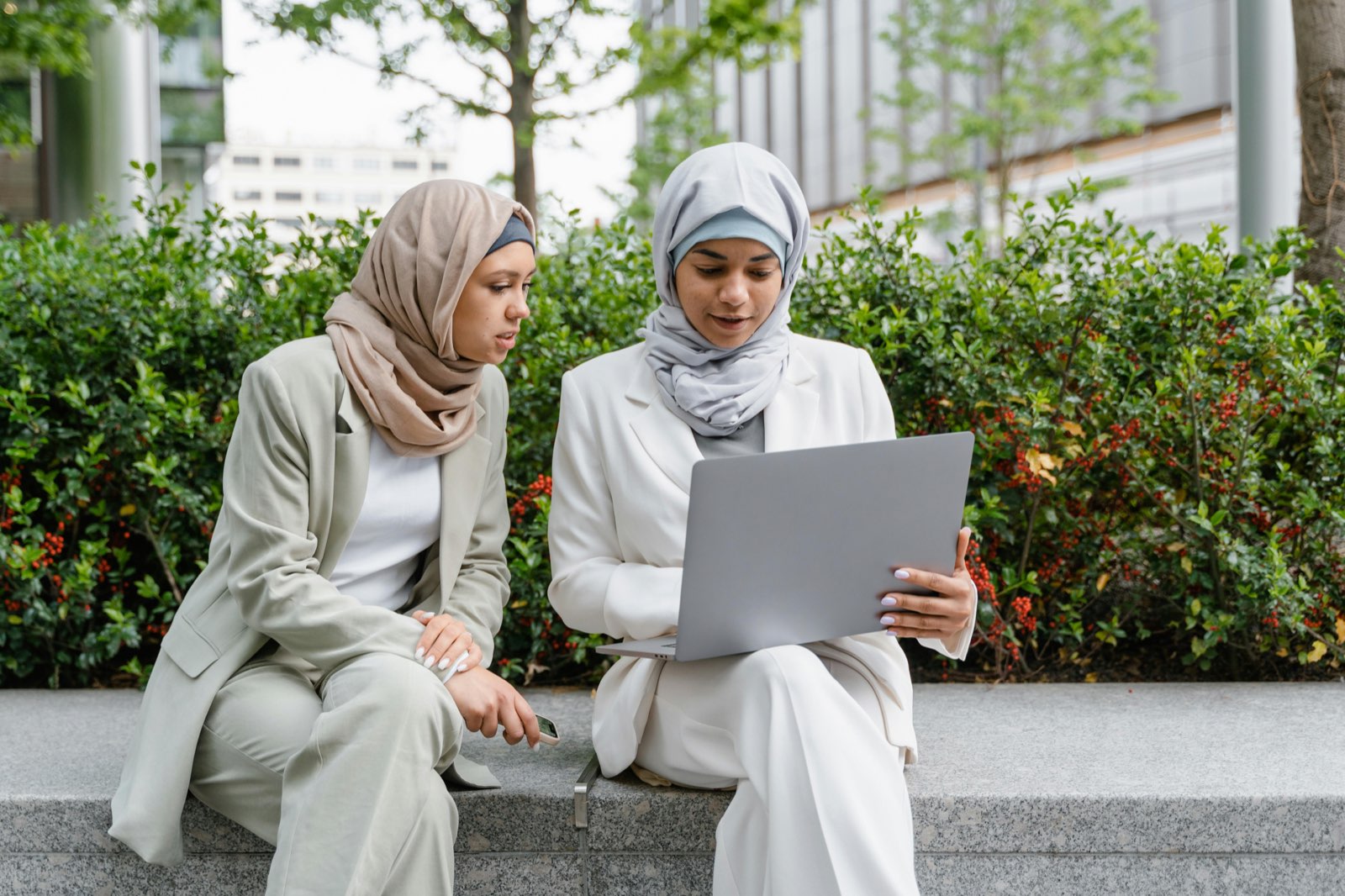Navigating Cultural Differences in Muslim Relationships
The Muslim Ummah spans over 200 countries and includes diverse cultures, ethnicities, and traditions. This rich diversity presents both beautiful opportunities and unique challenges for Muslim relationships. Learning to navigate cultural differences with wisdom and Islamic guidance leads to stronger, more resilient partnerships.
The Beauty of Islamic Diversity
Islam teaches that diversity is a mercy from Allah. The Prophet Muhammad (peace be upon him) said, "Indeed, Allah has removed from you the pride of the pre-Islamic period and its boasting about ancestors. Indeed, one is only a pious believer or a miserable sinner. All people are children of Adam, and Adam was created from dust."
This teaching reminds Muslims that our shared faith transcends cultural, ethnic, and national boundaries. While our backgrounds may differ, our Islamic identity unites us as one Ummah. This unity becomes particularly beautiful in relationships where couples from different cultures learn from and support one another.
Understanding Cultural Differences
Cultural differences in Muslim relationships can manifest in various ways:
- Family dynamics: Different approaches to family involvement and decision-making
- Communication styles: Direct versus indirect communication preferences
- Social customs: Varying expectations for social interactions and hospitality
- Culinary traditions: Different food preferences and cooking styles
- Celebration practices: Unique ways of celebrating Islamic holidays and life events
- Language and expressions: Different languages, dialects, and expressions of affection
The Islamic Approach to Cultural Harmony
Islam provides clear guidance for navigating cultural differences:
1. Prioritize Islamic Principles
When cultural practices conflict with Islamic teachings, Islamic principles take precedence. Both partners should be willing to adapt their cultural practices to align with Quran and Sunnah. This might mean modifying traditional wedding customs or family practices to better reflect Islamic values.
2. Practice Mutual Respect
The Quran commands believers to "speak to people kindly" and respect one another. This includes respecting each other's cultural background while gently encouraging practices that strengthen faith. Mutual respect creates an environment where both partners feel valued and heard.
3. Seek Knowledge and Understanding
Take time to learn about your partner's culture. Understanding the historical and social context behind certain traditions helps develop empathy and appreciation. This knowledge transforms potential conflicts into opportunities for learning and growth.
Communication Strategies for Cultural Harmony
Effective communication is essential for navigating cultural differences:
- Express feelings openly: Share how certain cultural practices make you feel
- Ask questions respectfully: Seek to understand rather than judge
- Find common ground: Identify shared Islamic values that transcend culture
- Compromise thoughtfully: Find solutions that honor both backgrounds
- Involve family supportively: Include understanding family members in discussions
Family and Community Integration
Cultural differences often become most apparent when families interact. Approaching family integration with patience and wisdom helps create harmonious relationships:
- Gradual introductions: Allow time for families to get to know each other
- Cultural education: Help families understand and appreciate differences
- Shared Islamic identity: Emphasize common faith as the foundation
- Professional mediation: Involve Islamic counselors when needed
Celebrating Cultural Diversity
Rather than viewing cultural differences as obstacles, embrace them as opportunities for enrichment:
- Culinary fusion: Combine favorite dishes from both cultures
- Holiday celebrations: Blend traditions for Islamic holidays
- Language learning: Teach each other languages and expressions
- Travel and exploration: Visit each other's cultural backgrounds
- Family traditions: Create new traditions that honor both cultures
Challenges and Solutions
Common challenges in cross-cultural Muslim relationships include:
Extended Family Expectations
Different expectations about family involvement can create tension. Solution: Set clear boundaries while maintaining respectful relationships with extended family members.
Traditional vs. Modern Practices
Balancing traditional cultural practices with modern life can be challenging. Solution: Adapt traditions thoughtfully while preserving their essential meaning and Islamic spirit.
Communication Barriers
Language differences can hinder understanding. Solution: Learn each other's languages, use translation tools, and focus on non-verbal communication.
Spiritual Growth Through Cultural Exchange
Cross-cultural relationships offer unique opportunities for spiritual growth. Couples learn to appreciate different expressions of faith, discover new ways of practicing Islam, and develop greater empathy for Muslims from diverse backgrounds.
This cultural exchange strengthens the Ummah by building bridges between different Muslim communities and fostering greater understanding and unity.
Building a Multicultural Muslim Family
Couples in cross-cultural relationships have the opportunity to create beautiful multicultural families that reflect the diversity of the Muslim Ummah. Children from these unions grow up with rich cultural heritages and a deep appreciation for Islamic unity.
These families become living examples of how Islam transcends cultural boundaries and unites people from different backgrounds through shared faith and values.
Moving Forward with Cultural Wisdom
Navigating cultural differences in Muslim relationships requires patience, wisdom, and reliance on Allah. By approaching differences with an open heart and Islamic guidance, couples can transform potential challenges into opportunities for growth, understanding, and love.
Remember that the most important culture in a Muslim relationship is the culture of Islam itself. When both partners prioritize their faith and seek Allah's pleasure, cultural differences become sources of strength rather than division.



